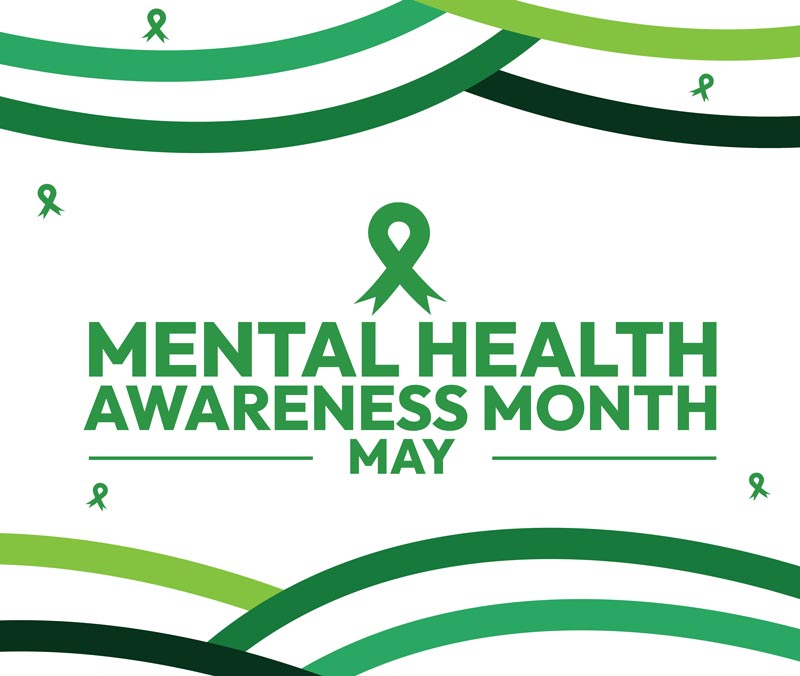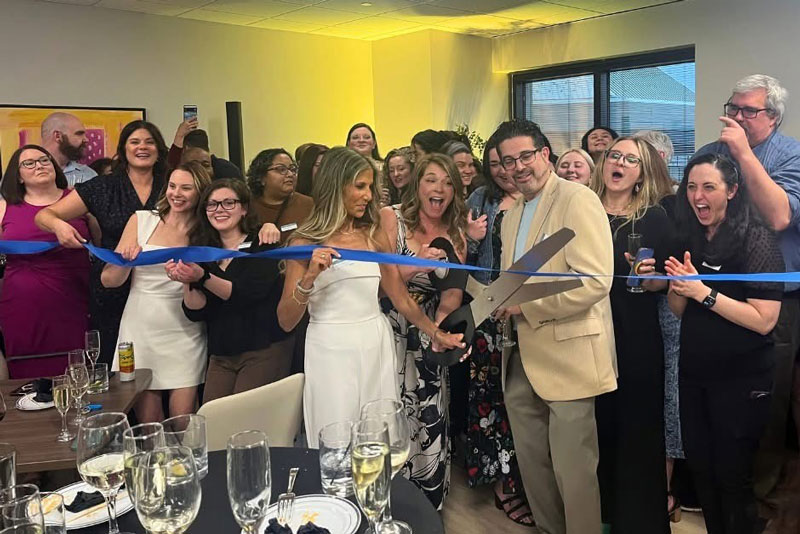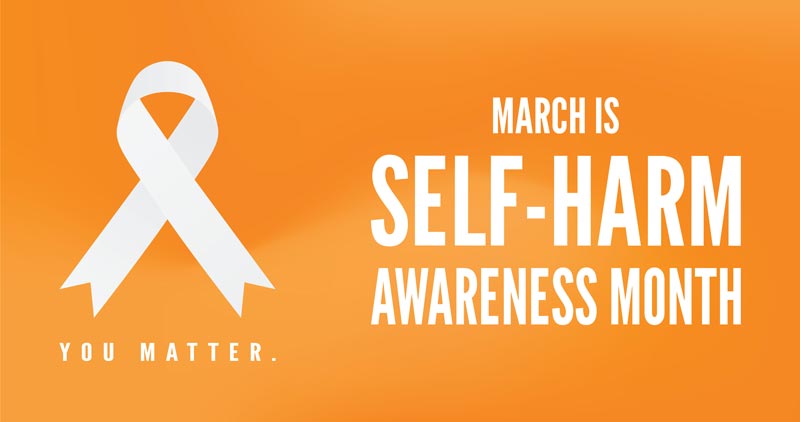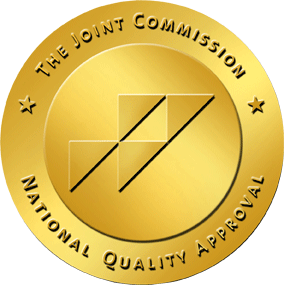Mental Health Awareness Month is a time to talk more openly about emotional well-being. But if you’re a young adult trying to hold it together, these conversations can still feel distant. Maybe you don’t identify with crisis hotlines or dramatic breakdowns. You’re not in immediate danger. You show up, do your work, check your texts, keep your plans. But inside, something feels off.
At Skyway Behavioral Health, we meet people like you every day. College students, recent grads, working professionals in their twenties and thirties who are doing all the “right” things but still feel anxious, unmotivated, stuck, or numb. They’re not falling apart — but they’re not okay either.
This is who we serve. And this month, we want to say this clearly: your mental health matters, even if your life looks fine on paper. You don’t need to hit rock bottom to reach out.
You Don’t Have to Be in Crisis to Get Help
There’s a quiet kind of mental health struggle that doesn’t always get noticed. It looks like burnout, disconnection, or waking up every day with a low-level dread. You might still be going to class or work, making plans with friends, replying to emails. But you’re not really present.
Maybe you’re:
- Always tired, even after sleep
- Zoning out during conversations
- Feeling anxious over small things
- Losing motivation for everything that used to matter
- Not enjoying anything, even when you’re “supposed to”
You might wonder if you’re just being dramatic. You’re not. These are real symptoms. And they deserve care.
Why Young Adults Often Wait Too Long
Many young adults are used to powering through. You’ve learned to keep it moving, to push feelings aside, to wait until things get really bad before asking for help. The problem is, that delay often makes things worse.
Mental health doesn’t have to be catastrophic to be serious. You don’t need a specific diagnosis to deserve support. If you’ve been silently struggling, it’s okay to want more than just getting by.
What Support Looks Like at Skyway
We offer care that’s structured, thoughtful, and flexible enough to fit into your life. Whether you’re balancing school, work, or both, we meet you where you are.
Intensive Outpatient Program (IOP)
Our IOP is a step up from weekly therapy but allows you to maintain a regular schedule. You’ll attend group therapy sessions three to five days a week, for a few hours each time.
IOP is great for people who:
- Are overwhelmed but still working or going to school
- Want more than just talk therapy
- Need a supportive environment to build real coping skills
It’s a place to unpack what you’re carrying, learn how your brain and emotions work, and feel less alone.
Learn More About Our IOP Program Here
Partial Hospitalization Program (PHP)
If your symptoms are more intense or you need a deeper reset, PHP offers full-day support without inpatient care. You’ll attend programming five days a week, focusing on individual and group therapy, psychiatric care, and skill-building.
This level of care works well if:
- You’re experiencing daily distress, panic, or depressive episodes
- Your functioning has dropped and you need time to recover
- You’re ready for change but don’t know where to start
Learn More About Our PHP Program Here
Built on Trauma-Informed Care
A lot of what we carry emotionally is tied to things we never got to process. Past relationships, family dynamics, school pressure, identity struggles, or personal loss, all of it can shape how we feel in the present.
Our therapists are trained in trauma-informed care, which means we understand how lived experiences impact mental health. We don’t just treat symptoms. We work to understand the full picture of who you are and what has shaped your story.
We use proven methods like:
- Exposure Therapy and ERP
- DBT
- Relational therapy
- Mind-body techniques
You’re not just a set of symptoms. You’re a person, and we treat you like one.
This Month Is a Chance to Check In
Mental Health Awareness Month can feel like a scroll of statistics and inspirational quotes. But we want it to be something more, a reminder that your mental health doesn’t need to be falling apart to matter.
Ask yourself:
- Do I feel like I’m just getting through the day?
- Am I showing up for others more than I show up for myself?
- Have I felt disconnected from joy for a while?
If the answer to any of these is yes, now is a good time to check in.
Take the Next Step
Here’s what you can do this month if something in you is saying, “Maybe I do need help”:
- Reach out: Contact us for a free consultation. No pressure, just information.
- Talk about it: Share how you’re feeling with someone you trust. Real conversations make a difference.
- Explore options: Whether it’s IOP, PHP, or something else, we’ll help you figure out what fits.
- Give yourself permission: You don’t have to wait until everything falls apart. You can ask for help now.
You Are Not Alone
Most people you know are carrying something. The difference is that some have found support, and others are still pretending everything’s fine. You don’t have to pretend anymore.
At Skyway Behavioral Health, we’re here to support you through whatever you’re facing, even if you’re not sure how to describe it yet. Mental health care doesn’t need to be dramatic to be necessary. Quiet struggles still count. And so do you.




